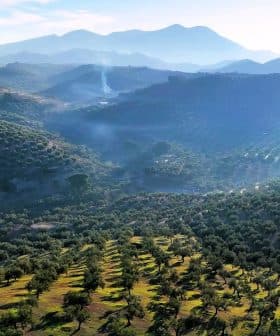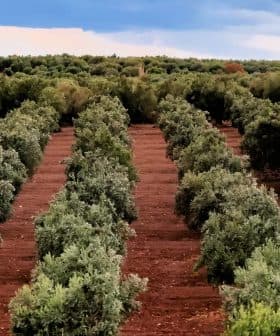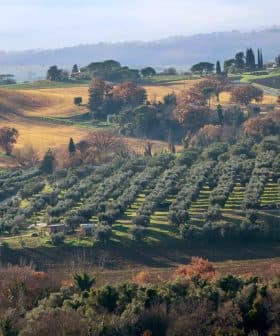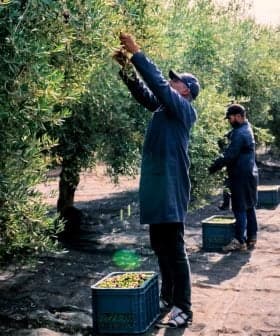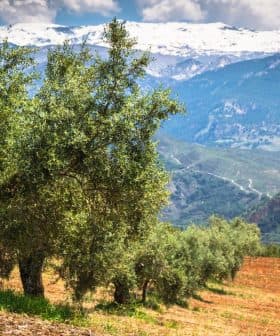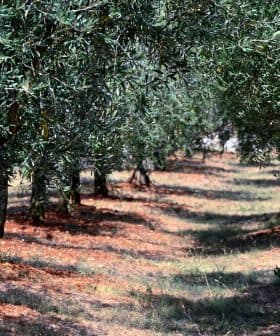Low Availability and Rising Prices Spark Concerns of Olive Oil Fraud in Morocco
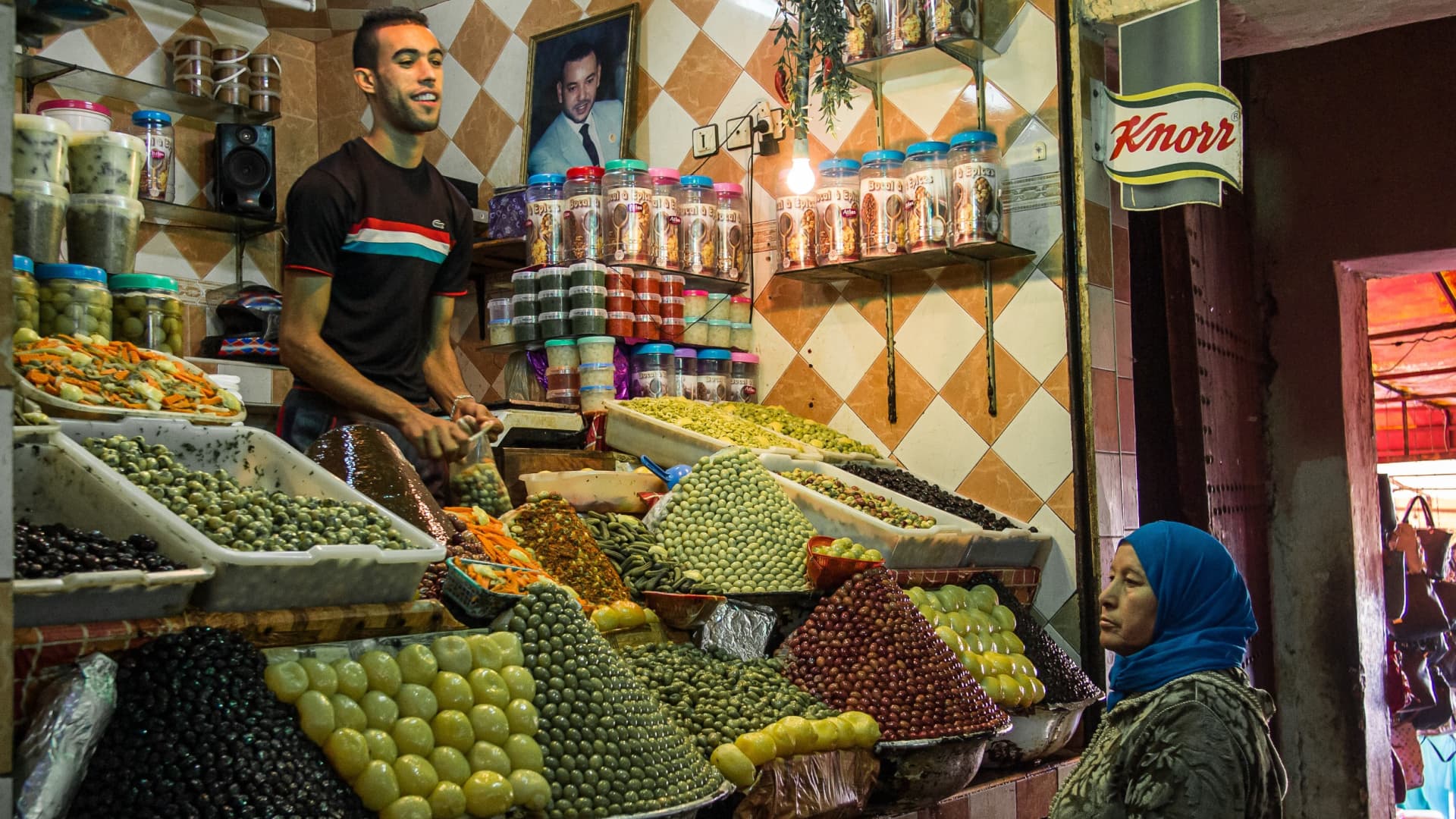
Morocco is facing a significant decrease in olive oil production, leading to concerns about availability and rising prices, with a liter already selling at €7.24, well above the average gross salary in the country. The shortage has led to fears of increased fraud in the olive oil market, with local officials warning that prices could rise to €9.04 per liter and experts predicting further price increases due to poor harvests in other regions.
The significant olive oil production decrease expected in Morocco this season has triggered concerns about olive oil availability and rising prices.
In many regions of the country, a liter of olive oil is already sold at 80 dirham (€7.24), placing the product out of reach for many Moroccan consumers.
According to data from Moody’s Analytics, an economic research firm, the average gross salary in Morocco is €323 per month, the highest in the region but well below the average of most developed countries.
See Also:Europe and Morocco Sign Deal to Develop Sustainable AgriculturalLocal media report that many Moroccans who cannot afford olive oil, a key ingredient in the local cuisine, have been openly expressing their discontent on social media.
The rising olive oil prices have been largely attributed to the country’s production decrease, resulting from prolonged drought. Lower olive yields have increased millers’ production costs, which have been passed on to consumers.
Rachid Benali, president of Morocco’s interprofessional olive oil association (Interprolive), warned consumers that an increase in olive oil fraud is likely due to the shortage. In addition, Morocco may be unable to produce enough olive oil to meet its export commitments and internal demand.
“In Morocco, olive oil is unfortunately still widely consumed in bulk,” he told local media. “According to our estimates, this mode of consumption represents 85 percent of national consumption and leaves the field open to various methods of fraud since there is no real way to check whether such oil is adulterated.”
Benali said most fraud happens when virgin or extra virgin olive oil is mixed with non-virgin or vegetable oils.
“These practices are not harmful to health and are even tolerated in some countries, provided that it is indicated on the packaging that it is a mixed oil,” he said. “In our country, these practices are prohibited and considered outright fraud.”
According to Benali, it is still early to comment on precise figures regarding the production drop. He said that 70 percent of olive groves in the country are rainfed and were heavily exposed to the impacts of the drought.
Additionally, the severity of the current drought has also resulted in cuts to irrigated groves as local officials seek to preserve water reserves.
Benali also warned that olive oil prices in several areas could go up to 100 dirham (€9.04) per liter.
Over the past few decades, Morocco has steadily increased its olive oil production due to massive olive tree cultivation projects, with yields exceeding 200,000 tons in two different crop years.
According to the International Olive Council, Morocco exported 28,000 tons of olive oil in the 2021/22 crop year, while domestic consumption rose to 150,000 tons.
In the last several decades, domestic consumption has grown significantly, rising from 37,000 tons in 1990/91.
Rising olive oil prices have not been limited to Morocco. Poor harvests throughout North Africa and southern and western Europe have resulted in price rises across the olive oil world. Some experts anticipate further price rises as the crop year continues.



